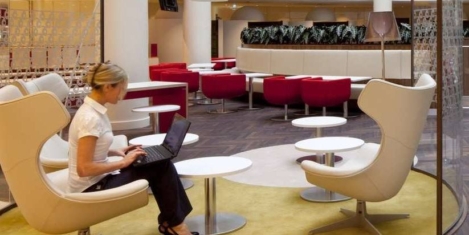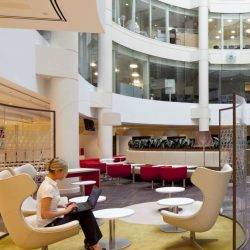April 5, 2017
How to prepare your business for the new Gender Pay Gap regulations 0

From April 2017, employers with over 250 employees will be required to reveal specific information about the difference in net pay and bonuses between male and female employees explain the legal experts from Berg. The Office for National Statistics revealed that, in the financial industry, male managers and directors are earning on average 32.4% more than women in the same role. Whilst the statistic will vary from industry to industry, it’s important to highlight the divide and work together to accomplish equality in the workplace. The Equality Act 2010 (Gender Pay Gap Information) Regulations 2017 comes into force on 6th April 2017, and will require businesses to be transparent about the gender equality in their workplaces. It is hoped that this important move will encourage any business with less than positive statistics to make the move towards creating an equal workplace. For businesses that will need to report on their net pay, it’s a big task that needs to be executed properly. In fact, a survey by NGA Human Resources found that 20% of respondents won’t be ready to disclose the information by the deadline. With that in mind, here’s a look into what the regulations require you to do, and how these changes could impact your business.























 Long working hours are embedded into Small and medium sized firm’s (SME) culture, new research by AXA PPP healthcare has claimed, with 47 percent of employees in SMEs across the UK regularly working four or more hours of overtime per week, 27 percent of these putting in seven or more hours and for half (52 percent), the extra hours are unpaid. In addition, 22 percent of employees take fewer than 30 minutes for lunch, 19 percent have cancelled family time and 19 percent have missed a child’s event such as a school play due to working over and above their contracted hours. Over half (54 percent) of employees have continued to work after putting children to bed. With Britain’s small and medium sized firms making up 99.9 percent of the UK’s private sector businesses, employing nearly 3/5 of its workforce and accounting for 48 percent of the turnover this accounts for a lot of workers.
Long working hours are embedded into Small and medium sized firm’s (SME) culture, new research by AXA PPP healthcare has claimed, with 47 percent of employees in SMEs across the UK regularly working four or more hours of overtime per week, 27 percent of these putting in seven or more hours and for half (52 percent), the extra hours are unpaid. In addition, 22 percent of employees take fewer than 30 minutes for lunch, 19 percent have cancelled family time and 19 percent have missed a child’s event such as a school play due to working over and above their contracted hours. Over half (54 percent) of employees have continued to work after putting children to bed. With Britain’s small and medium sized firms making up 99.9 percent of the UK’s private sector businesses, employing nearly 3/5 of its workforce and accounting for 48 percent of the turnover this accounts for a lot of workers.












April 3, 2017
The point everybody is missing about the backtrack on remote working by IBM 0
by Andrew Mawson • Comment, Facilities management, Flexible working
(more…)